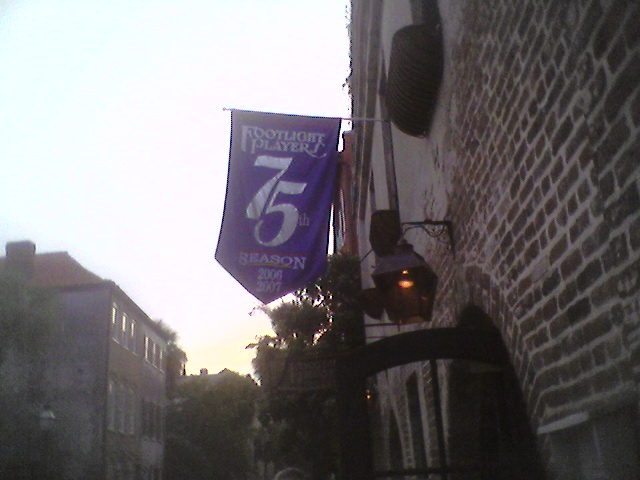
June 27, 2015; Post and Courier (Charleston, SC)
More evidence that suggests nonprofits may really be looking at a period of a greater number of leadership transitions than usual comes in the fact that in Charleston, South Carolina, at least 10 local arts groups and foundations will see leaders leave this year. Why arts groups in particular? This may be no coincidence at all.
The groups concerned are diverse:
- Jazz Artists of Charleston’s executive director is leaving after eight years, leaving an interim in place.
- A replacement has already been chosen for the departed founding director of the Charleston Academy of Music.
- The Mezz “parted company” with its cofounder/artistic director earlier this year.
- The Footlight Players Theatre experienced a single leader transition.
- Threshold Repertory Theatre lost its founding director, Pamela Galle, and gained an artistic director, according to Threshold’s executive director, who has only two years’ tenure herself.
- Theatre Charleston, an advocate for local theater companies, is seeing its executive leave, but a replacement has already been chosen.
- Enough Pie, which does creative placemaking, saw its CEO go, as did the Coastal Community Foundation. In the foundation’s case, an interim is in place.
- The Gaylord and Dorothy Donnelley Foundation has replaced its president who left last year, as has the Charleston Regional Alliance for the Arts.
In a previous article, the Post and Courier reported that Susan Dunn, a board member of Jazz Artists of Charleston, said that the degree of leadership change likely reflects both the exhaustion and resilience of the arts nonprofits in that area. “The recession was really, really hard on those groups,” Dunn said. “So we had people who really had to juggle and juggle and juggle. Sometimes when you’re coming out of that, you feel like you have to come up with a new model so you can stop juggling.”
Sign up for our free newsletters
Subscribe to NPQ's newsletters to have our top stories delivered directly to your inbox.
By signing up, you agree to our privacy policy and terms of use, and to receive messages from NPQ and our partners.
“What’s really amazing is that we weathered that recession as well as we did,” Dunn said. “It took a lot.”
NPQ, of course, covered the special position that many arts organizations found themselves in during the recession, as is reflected here and here. The first of these newswires actually provides a sense of how many groups thought about their worsening positions as the recession continued to grind along. We agree with Dunn; it was an amazing feat to bring so many of them through.
Two other interesting aspects of this situation:
- The number of groups that have dual leadership, more common traditionally in arts groups than most other nonprofits. In these cases, one leader stayed while one left, providing a special challenge and benefit in the transition.
- How many made the choice to use an interim, providing the organization with the ability to take stock and clean up a bit before choosing and welcoming new leadership.
NPQ suggests that readers interested in transitions and succession planning check out our extensive resources on the topic, which now include a four-part webinar series. It would be a fascinating case study to see how such a big field of new leaders will fare.—Ruth McCambridge












